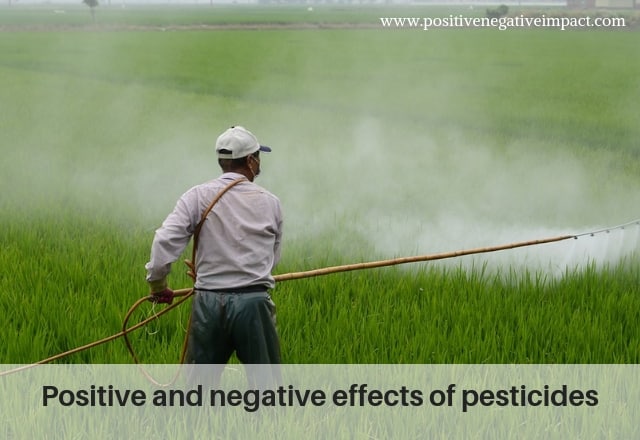A recent archaeological dig in Mesopotamia made it apparent that pesticide use started as early as 4500 BD. Farmers in Sumer were dusting their crops with Sulfur to protect them from various pests. And since then, we have been using various forms of pesticides to better protect our crops and to prevent our homes from being infested. Today’s pesticides are a chemical cocktail of some of the most lethal substances known to man and one that’s toxic to both humans and pests alike which is why their usage needs to be carefully regulated and monitored. Generally, pesticides are used to kill various pests, such as weed, insects, various plant-based pathogens, molluscs, nematodes and various microbes. Pesticides can either be short-lived, or persistent; the short-lived ones are biodegradable where the pesticide in question gets broken down by various microbes whereas the ‘persistent’ ones tend to last for long periods of time. Given the toxicity of these substances, it is time that we took a closer look at some of the positive and negative effects of pesticides and its usage.

Positive effects of pesticides
- Increase in food production: It is widely believed that the use of pesticides has been instrumental in increasing food production in several countries around the world. By utilizing pesticides often, farmers are able to keep several pests at bay and even help eliminate several altogether. This has enabled them to grow diverse crops and coupled with fertilizer usage they are able to grow larger amount of food crops, within shorter periods of time. This has resulted in better food production and it is expected that future advances in this field should result in larger and healthier crop produce than before.
- Labour costs: Since farmers can utilize pesticides to remove various pests from their land they no longer have to expend valuable resources and hire large manpower for the same purpose. While initially, they often resorted to hiring manpower for the sole purpose of pest removal, they can now utilize various pesticides and get the same removed from their farms much more easily and effectively.
- Health: On the health front, it has been proven that the use of various pesticides has indeed proven beneficial to the same, in certain respects. For one, pesticides have been instrumental in keeping down the number of anopheles mosquito, which is instrumental in transmitting malaria to humans. According to UN, nearly half a million died as a result of Malarial outbreak in 2015 and since then, the numbers have fallen down, thanks to the use of various pesticides which is quite effective in eliminating mosquitoes as well as other disease-carrying pests.
The negative impact of pesticides
- Human health: Pesticides, as mentioned earlier are a chemical cocktail of various toxins and as such, their usage needs to be carefully monitored. It is essential that you use protective clothing and take extreme care when spraying these pesticides on your crops. Most pesticides contain compounds which are known to cause various types of cancer such as leukaemia, brain cancer, breast cancer, ovarian cancer, liver and testicular cancer and much more. The pesticides need to be stored carefully and you need to ensure that the same remains out of reach of children as well. Some of the pesticides are extremely toxic that even imbibing a little amount can cause you to land in the emergency room.
- Bioaccumulation and biomagnification: The problem though is that some of the commonly used pesticides are designed to last for long periods. So when people purchase farm produce and do not take the time to clean the same, they end up consuming the product with pesticides on it. Once the pesticide enters your bloodstream, your body cell stores the same, but there is no way for these synthetic and non-biodegradable pesticides to break down. This accumulation is bound to affect your health and may even lead to fatalities. Biomagnification is when there is an accumulation of pesticides in the natural environment affecting the entire food chain; the perfect example of the same would be DDT whose usage has been banned in most nations.
- Environmental impact: Depending on synthetic pesticides can be harmful to our ecosystem in the long run; these pesticides kill both pests and non-pests as well and this is bound to have a direct impact on the local ecosystem. This is why local governments need to initiate several workshops on how to use these pesticides carefully and to teach farmers how to mitigate some of the associated negative effects.
These are some of the positive and negative effects of pesticides and its usage today.
- Tulip Mania – The Story of One of History’s Worst Financial Bubbles - May 15, 2022
- The True Story of Rapunzel - February 22, 2022
- The Blue Fugates: A Kentucky Family Born with Blue Skin - August 17, 2021
